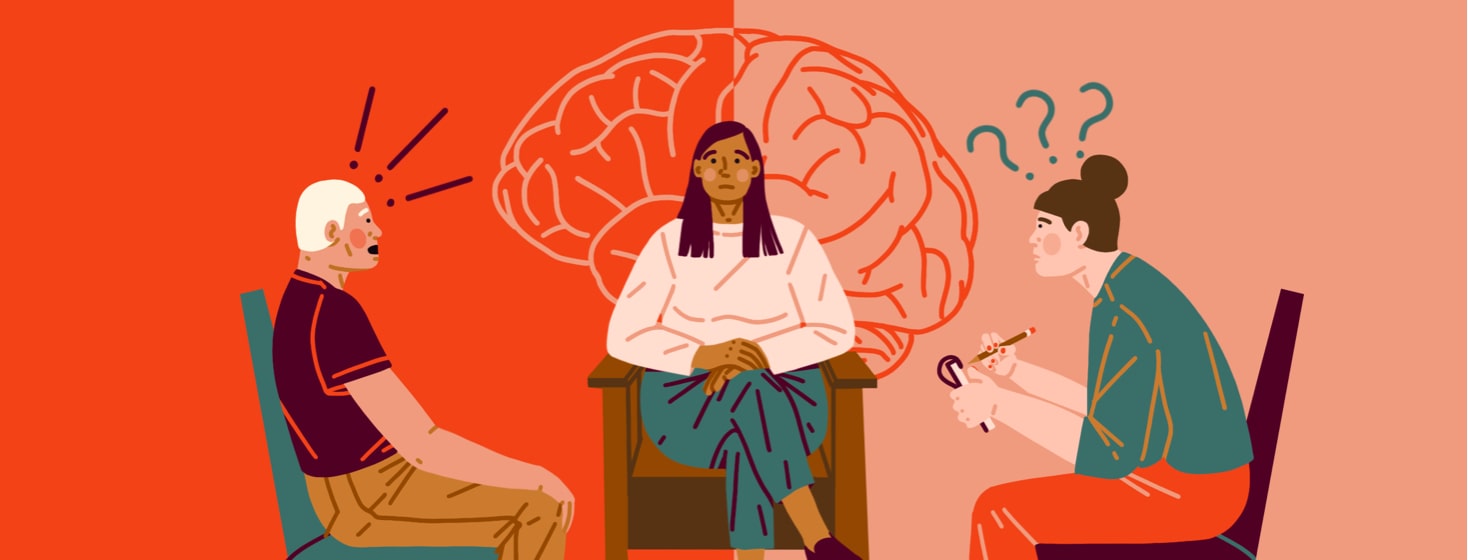Alzheimer's Stigma and Finding Support
Growing up, I remember my mother making small Christmas trees out of styrofoam balls and toothpicks. She dipped them in green paint and added glitter. Then she would deliver them to people who lived in nursing homes who couldn't have real trees.
As a youngster, I would go with her and she would tell me why everyone lived there. I don't remember her saying people had Alzheimer's disease. It was called a lot of other things back then, but I always knew that it was an actual disease.
Alzheimer's stigma and my diagnosis
So, imagine my surprise when I was diagnosed with Alzheimer's at the age of 46, and most people didn't react like I had a disease. They reacted as if I was a freak of nature! I couldn't understand why people started treating me differently. They didn't know what to say.
They automatically thought I could not carry on a conversation with them or that I could no longer think for myself. And this was just minutes after they had a conversation with me and found out about my diagnosis! I didn't realize that Alzheimer's still had so much stigma attached to it.
Finding support among friends
I found out very quickly who my good friends were. They wanted to learn more about the disease. They wanted to learn with me as I started this long journey.
My friends wanted to help me but they didn't know how to help. Initially, I did not want anyone's help. I didn't want to give up my independence. That said, I have had to learn to mourn the loss of the things I can no longer do and cherish the things I can still do. It has certainly been a challenge.
Breaking down barriers, Alzheimer's support
As I progress with this disease, it gets harder. Now I am not always able to ask for help, and my family and friends have to identify and react to my cues. When I can't think of a word it becomes like a game - "What does it sound like?" "What does it do?" Of course, that makes me more frustrated but they are trying to help.
When I am looking for something, I cannot always tell them what I am looking for but they try to help me find it anyway. My friends continue to make me laugh, and that is the most important thing they do for me - they laugh with me, not at me. Some of the things I do are quite laughable and that can sometimes get me through the day.
Educating and sharing with friends
Another helpful thing was to share books with them. As we were researching early-onset Alzheimer’s disease, I would take the reference books we bought and highlight passages that represented what I was struggling with. It was hard for me to put it into words, but when I saw it on the written page I could identify with it and let others know this is how I felt. This was helpful in combating any assumptions around Alzheimer's.
Every person with Alzheimer’s has their own set of symptoms so it is important for you to try to let your family and friends know exactly what you are experiencing. Tell us how you combat against Alzheimer's stigma in the comments below.
Interested in more on progression and support through Alzheimer's? Check out Alzheimer's Progression: Support Through the Stages.

Join the conversation